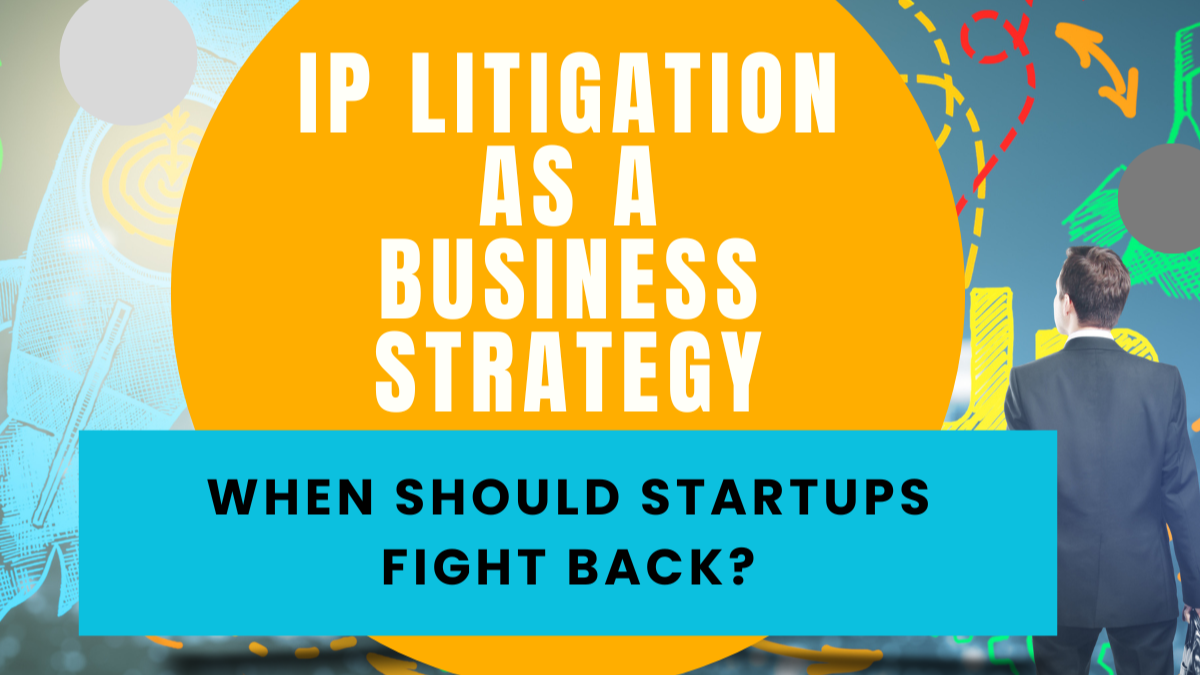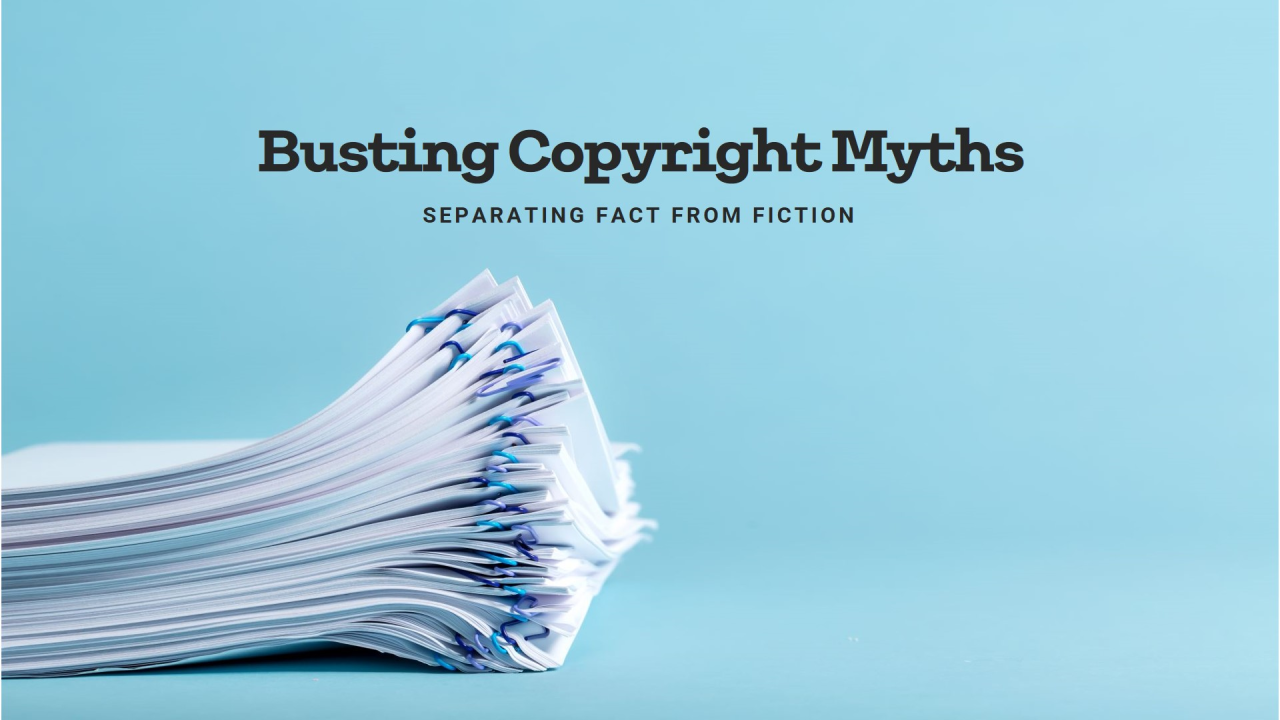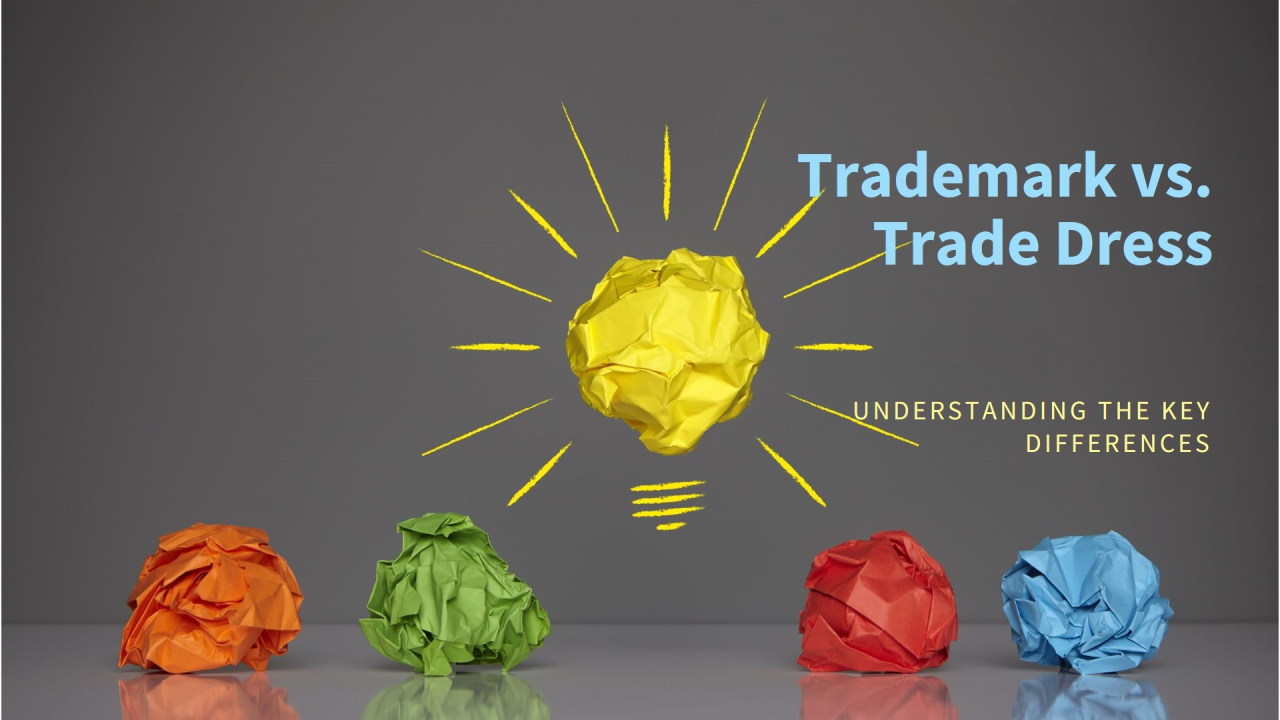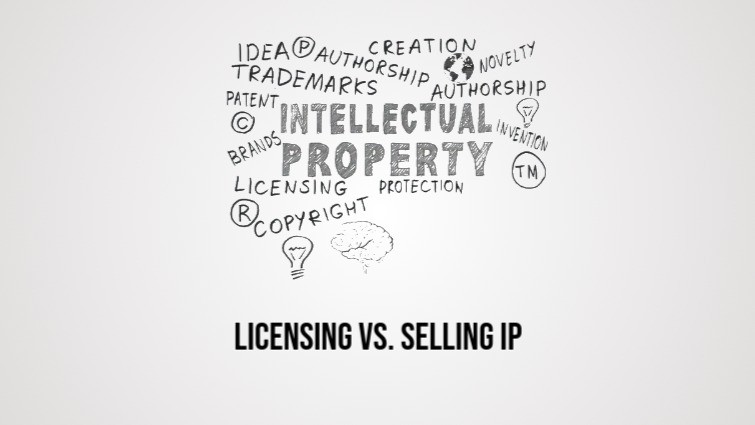
For startups, intellectual property (IP) like patents, trademarks, and copyrights are among their most valuable assets. These protect their innovative ideas and give them an edge over competitors. However, as startups grow, they may face IP disputes either as the victim of infringement or as the accused.
Litigation, or going to court, can be expensive and time consuming, which is tough for startups with limited resources. But in some cases, fighting back is necessary to protect their business, prevent others from stealing their ideas, and build a strong reputation in their industry.
Here’s when and why startups should consider using IP litigation as part of their strategy.
Why IP Litigation Can Be Important for Startups
While lawsuits are often seen as a last option, they can sometimes be a smart business move. For startups, IP litigation can:
- Protect Your Big Idea: If someone is copying your invention or brand, it could hurt your business. Litigation helps protect what’s yours.
- Warn Competitors: Taking legal action shows you’re serious about protecting your IP, discouraging others from stealing your ideas.
- Win Deals or Compensation: Lawsuits can lead to settlements where the infringer pays you or agrees to licensing terms.
- Build Trust with Investors: Protecting your IP shows investors that your business is serious about long-term success.
When Should Startups Fight Back?
Startups should consider litigation in these situations:
1. If the Infringement Hurts Your Business
If someone’s copying your idea or product is taking away your customers or revenue, it’s worth fighting back. For example, if your patented technology is being used without permission, it can directly impact your success.
2. If You Have Clear Proof
To win a case, you need strong evidence. This includes showing that your patent, trademark, or copyright is valid and proving that someone has violated it.
3. If Other Solutions Don’t Work
Before going to court, try to solve the problem through simpler methods like sending a cease-and-desist letter, negotiating with the other party, or using mediation. If these don’t work, litigation might be the next step.
4. If the Benefits Are Bigger Than the Costs
Litigation can be costly and time-consuming. Before starting a case, weigh the potential benefits, like protecting your business or winning damages, against the risks, like high legal fees.
5. If Your Reputation Is at Stake
If ignoring an infringement could harm your brand or make you seem weak, taking legal action can help defend your reputation and show that you’re serious about protecting your ideas.
Challenges of IP Litigation
Litigation isn’t easy, especially for startups. Be prepared for:
- High Costs: Lawsuits can be expensive. To manage costs, some startups look for lawyers who work on a contingency basis or seek third-party funding.
- Long Timelines: Cases can drag on for months or even years, so make sure your team can handle this without disrupting daily operations.
- Public Scrutiny: Legal battles can attract media attention, which might affect your brand. Plan your communication carefully.
Alternatives to Litigation
Going to court isn’t the only way to handle IP disputes. Startups can consider:
- Licensing Agreements: Let the other party use your IP legally in exchange for royalties or other benefits.
- Cross-Licensing: If both parties have IP that overlaps, they can agree to share rights instead of fighting.
- Partnerships: Sometimes, working together with the other party can lead to a win-win solution.
Final Thoughts
For startups, deciding to pursue IP litigation is a tough call. While it can protect your business and establish your market position, it also comes with risks and costs.
By understanding the stakes, gathering strong evidence, and considering alternatives, startups can make smart decisions about when to fight back.
At Aceattorn Legal Solutions, we help startups protect their innovations and navigate IP disputes. Whether you’re defending your ideas or resolving conflicts, we’re here to support you every step of the way.


